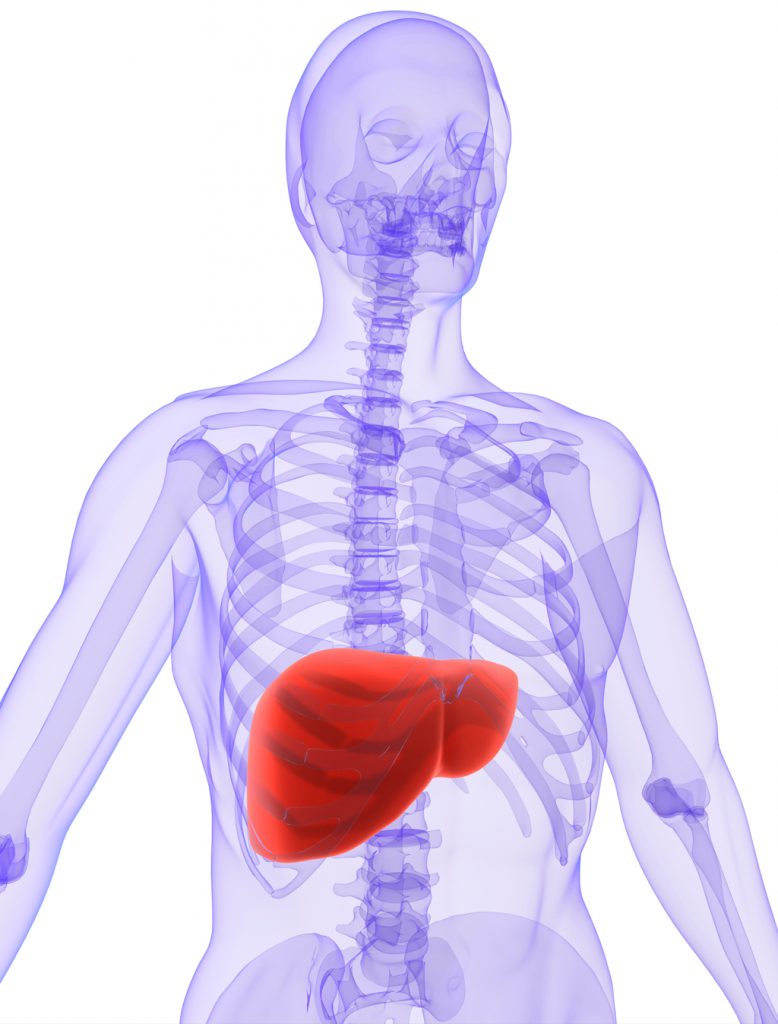
Liver is one of the vital organs in our body. It is responsible for detoxification, production of bio-chemicals necessary for digestion, combating infections, and other essential functions. If our liver fails to perform the above, there is a likelihood of contracting life threatening illnesses.
Liver disease is a broad term used to describe any potential problems that may occur to the liver. This organ can be damaged when the cells are inflamed (hepatitis), the flow of bile is obstructed, high level of cholesterol or triglycerides is detected, blood flow to the liver is compromised, or liver tissue is damaged by chemicals and minerals, or infiltrated by abnormal cells.
One of most common causes of liver disease is alcohol abuse. Excessive amount of alcohol could lead to health complications. Alcohol is a form of toxin to our liver cells and can cause inflammation, also known as alcoholic hepatitis. Inflammation of the liver cells, known as hepatitis, is a contagious disease. One could be infected through fecal-oral route when small amount of the infected fecal matter is ingested. Exchange of body fluids could be a mode of spreading.
Prolonged exposure to drugs or medications could lead to liver disease. Liver cells could be temporarily inflamed or permanently damaged during the course of medication or drug abuse. Excessive amount of acetaminophen, such as Panadol, is often responsible for permanent liver failure. It is crucial to follow the dosage strictly and refrain from unnecessary consumption.
Some of the symptoms of liver disease include:
- Nausea
- Vomiting
- Abdominal pain in the right upper quadrant
- Jaundice
- Fatigue and weakness
- Weight loss
Patients who are diagnosed with liver diseases have to seek a specialist for a specific treatment. The specialist is able to advise a suitable form of treatment based on the condition of the patient. Some forms of liver diseases can be controlled or cured by medication while some require surgery or even a transplant. This procedure is the replacement of the diseased liver with a healthy liver. This option is common among end-stage liver disease and acute liver failure patients. Recipients are able to lead a normal life after the operation.
Patients should control their diet so as to reduce any additional stress on the liver. Avoid deep-fried, fatty, smoked, cured, heavily salted, and seasoned food. By increasing the intake of high-fibre foods such as vegetables and whole grains can keep your liver in a healthy state. Cruciferous vegetables such as broccoli, brussels sprouts, cauliflower and cabbage are able to detoxify the liver. They contain chemicals that neutralize certain toxins and glucosinolates that help the liver to produce enzymes needed for the detoxification process.







